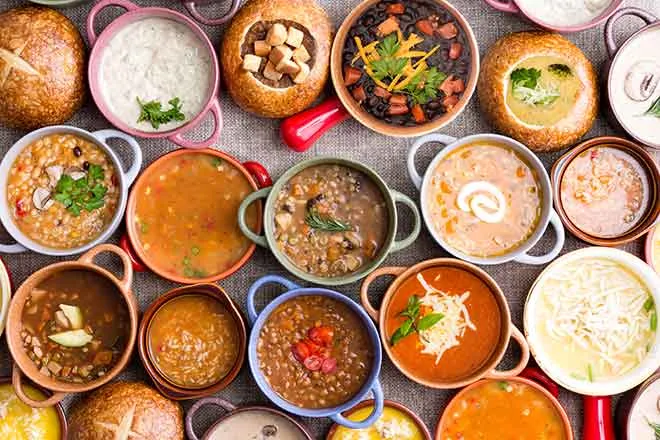
Dear Dietitian – Studying food studies
Dear Readers,
A few weeks ago, I wrote a column on ultra-processed foods. The National Institute of Health (NIH) performed a study and found that participants on an ultra-processed foods diet consumed about 500 calories more per day than the group who consumed an unprocessed foods diet. As I pointed out, the study was comprised of only 20 people, which is too small to apply to the entire population, although the study was hailed as ground-breaking by the media. Another exception taken by some nutritionists/dietitians is the broad definition of ultra-processed foods. The study used the NOVA (not an acronym) food classification of food.
That column prompted the following response from a reader:
Dear Dietitian,
Thank you for the excellent perspective you provided on the NIH study where so much exaggeration is going on.
The NIH researchers did a nice job in designing the study, but any study has its limitations. My biggest problem is with the designation of ultra-processed foods in the first place. It is a very broad class of at least four different categories of foods/beverages.
Another problem in the study involved fiber. The ultra-processed foods group was given a fiber supplement mixed in a sugar-free lemon drink when they could have had a high fiber cereal instead, since any ready-to-eat cereal is considered ultra-processed in the NOVA classification. If there wasn’t a Registered Dietitian to help design the study, there should have been.
Most importantly, the unprocessed foods group lost two pounds over two weeks. All participants were weight stable, and an unintended weight loss can be just as unhealthy as an unintended weight gain, especially in the elderly.
Keep up the good work,
Gerald
The goal of this column is to educate consumers on sound nutrition. People often hear a study was done and automatically think it must be accurate. As I’ve mentioned previously, scientific studies must be evaluated. More importantly, nutrition studies must produce the same results in different age groups and different cultures throughout the world before they are considered valid. This often takes years. Many, many more studies are needed before a sound recommendation can be made regarding ultra-processed foods.
Good health to you!
Dear Dietitian

















